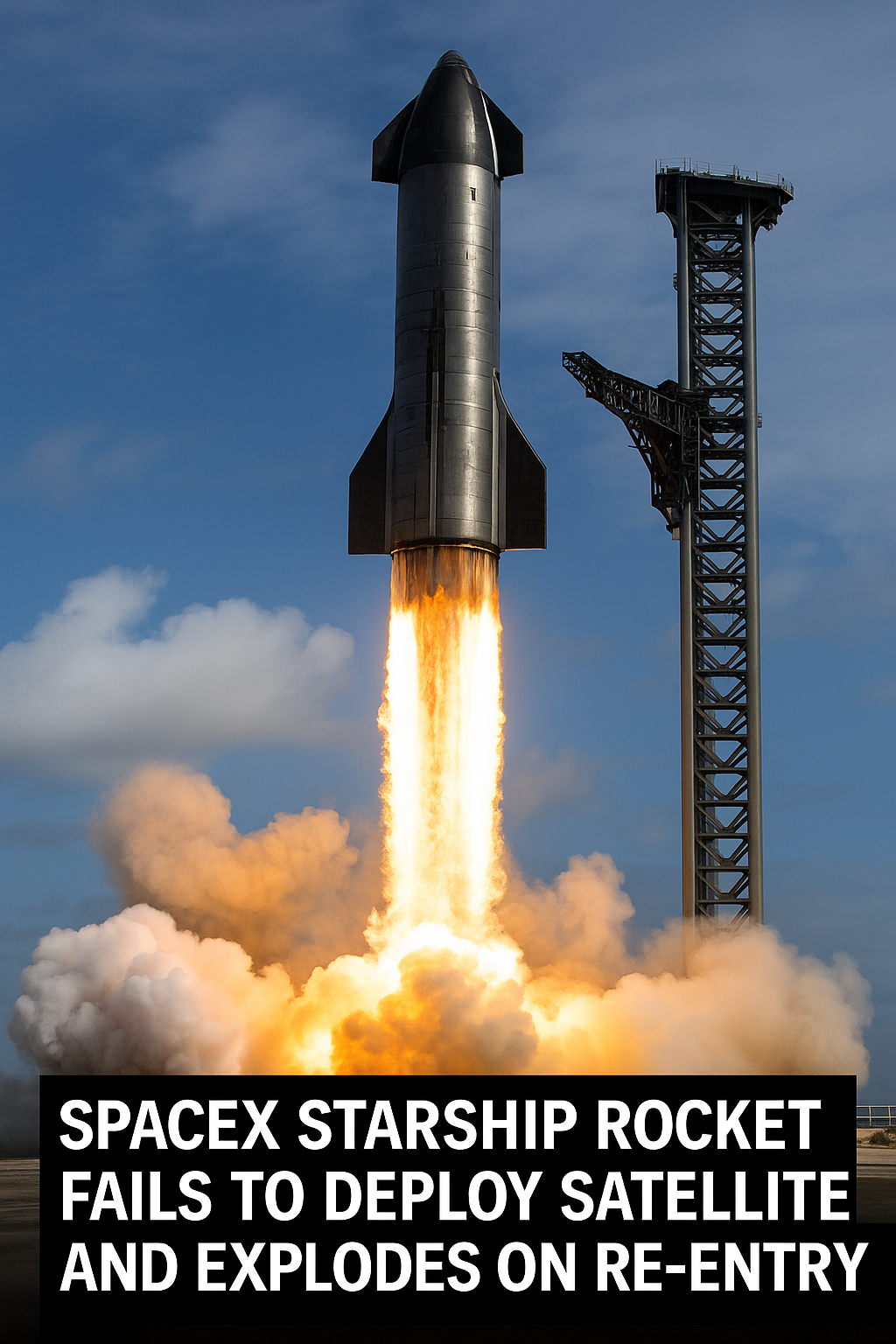Apple CEO Tim Cook received a startling communication in 2022 from SpaceX CEO Elon Musk. Cook was only given seventy-two hours by Musk to accept a $5 billion agreement. If Apple didn’t agree, Musk said he would become their biggest competitor.
Musk Threatens Apple with $5 Billion or War in a 72-Hour Warning
Musk wanted Apple to choose SpaceX as the only satellite provider for iPhones. His offer included 18 months of exclusive service and then a yearly payment of $1 billion. Apple rejected this huge demand. Just two weeks later, Musk kept his word. He announced a new partnership with T-Mobile that would use Starlink satellites. This deal looked like it would leave Android devices behind and give Apple no space to compete.
Apple had already planned to launch satellite features with a company called Globalstar for its iPhone 14. Musk found out about this and tried to stop it with his bold move. However, Apple proceeded with its plans for Globalstar.
But this wasn’t Apple’s first try with satellites. Almost a decade ago, they worked on something called Project Eagle. It sought to give iPhones and houses complete internet access via satellites. Apple even considered working with Boeing. But in the end, Apple dropped the plan, worrying it would upset mobile carriers like Verizon and AT&T. These carriers help Apple sell many of its phones, and upsetting them could be risky.
Regulatory Battles and Apple’s Growing Concerns
After Apple refused Musk’s offer, SpaceX began fighting Apple through U.S. regulators. SpaceX complained about Globalstar’s radio frequencies, saying they were unused and only blocked competitors like Starlink. SpaceX even mentioned Apple by name in its filings. This worried Apple leadership.
Groundbreaking Kuiper Launch Positions Amazon to Rival Starlink in Satellite Race
SpaceX’s vice president for satellite policy was very clear. He said Globalstar was trying to stop other companies from entering the market by not using the spectrum it had. This kind of public attack was unusual and caused tension.
Apple became more concerned because Musk had ties with the Trump administration, and this could help SpaceX with government regulators. Apple quickly hired special staff just to deal with these spectrum and satellite issues. They wanted to defend themselves against SpaceX’s legal and political pressure.
Industry experts say that Apple only sees SpaceX as a serious rival in the satellite business, and SpaceX feels the same about Apple. This has made the battle more intense. Musk even pushed Apple to let older iPhones work with T-Mobile’s Starlink service, but Apple didn’t agree. They only allowed the service on newer models like the iPhone 14.
When T-Mobile officially turns on the satellite feature in July, compatible iPhones will use Starlink, not Apple’s Globalstar. This change will make Starlink more visible on iPhones, which is exactly what Musk wanted from the beginning.
Apple’s Own Executives Disagree on Satellite Strategy
Inside Apple, not everyone supports the satellite project. Some senior executives, like Craig Federighi, who leads software, and Adrian Perica, head of corporate development, have argued that Apple should stop the satellite plan altogether.
FCC Launches Landmark Review of 1990s Satellite Rules to Boost Starlink Speeds
These executives believe Globalstar’s network is too weak compared to SpaceX’s Starlink. They say even with updates, Globalstar’s satellites won’t be fast or powerful enough for another 10 years. Some former Apple staff members have admitted, “SpaceX is ahead of Globalstar.”
There’s also a fear of government rules. If Apple adds too many satellite services, it might be treated like a phone carrier. That could mean Apple would have to add backdoors in private apps like iMessage, which Apple strongly opposes.
Even though Apple spends hundreds of millions of dollars every year on the satellite program, it doesn’t charge customers for it. Some believe this is because Apple wants to avoid any telecom regulations that come with charging for the service.
This has caused a strange situation inside Apple. Some of the company’s own top people are betting against its billion-dollar strategy. They believe it would be better to let phone carriers handle satellite services rather than continue with Globalstar.
Still, Apple has not given up. In fact, they invested $1.7 billion into Globalstar to build more satellites. Despite the arguments, Apple continues to move forward with its original plan and has not agreed to Musk’s demands.




